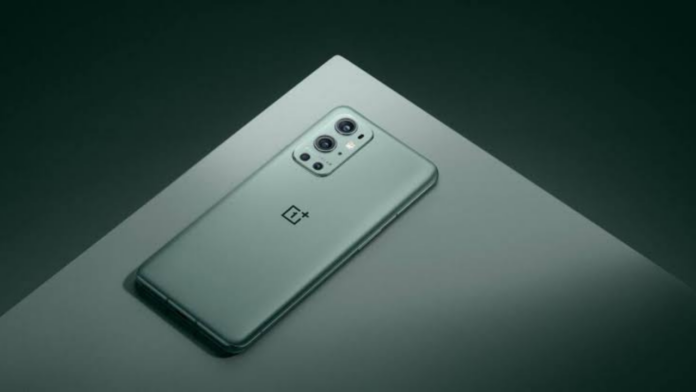

- #Oneplus benchmarks geekbench over cheating allegations 1080p
- #Oneplus benchmarks geekbench over cheating allegations pro
- #Oneplus benchmarks geekbench over cheating allegations software
#Oneplus benchmarks geekbench over cheating allegations pro
When I monitored the CPU behavior of the OnePlus 9 Pro during benchmarking, I found that I was using only the Cortex A78, not the more powerful Cortex X1. Kryo 680, the CPU of Snapdragon 888, has one high-performance core called Cortex-X1, three cores called Cortex-A78, and four high-efficiency cores called Cortex-A55. The first benchmark result will appear at 1 minute 30 seconds, but this '61.5' is unusually low for a terminal equipped with Snapdragon 888. andreif7) June 30, 2021Ī detailed benchmark video is available on YouTube. Same Snapdragon 888, same Chrome version.Įxplanation: ? /090VdNOWmV - Andrei F. He noticed that he was daring to reduce the amount of cores used. Samsung's Galaxy S21 Ultra and OnePlus 9 Pro have the same Snapdragon 888, but when I run the browser benchmark app Speedometer 2.0 in Chrome, it makes a big difference, so OnePlus blocks something in Chrome. OnePlus 9 benchmarks deleted from Geekbench over cheating allegationsĪnandTech, an IT news site, discovered that performance was limited. In response to this, the standard benchmark application 'Geekbench' has announced that it has removed 'OnePlus 9' and 'OnePlus 9 Pro' from the aggregated data.Įxamining OnePlus' Performance Behavior: Optimization or Misrepresentation?
#Oneplus benchmarks geekbench over cheating allegations software
They are confident that OnePlus will remove this benchmark cheating code from their software in devices they sell to consumers.Įither way, this instance is yet another reminder to not take benchmark scores too seriously when you’re deciding to buy your next smartphone.11:10:00 Suspected that 'OnePlus 9' and 'OnePlus 9 Pro' had performance restrictions on some apps, OnePlus explained as 'optimization'Ģ021 March and smartphone 'OnePlus 9' that OnePlus announced in the 'OnePlus 9 Pro', we found that the performance of some applications is limited.

Typically, most phones have thermal throttling that won’t let the phone reach that high a temperature in the first place.Ī statement from OnePlus suggests that they are “not overclocking the device”, which the folks at XDA find appalling because the ROM does exactly that when those select benchmark apps are run. What’s more interesting - when running GFXBench’s Manhattan Battery test, the OnePlus 5 posted temperatures of 50☌ or 122☏, which means the device was uncomfortably hot to hold. Although the difference isn’t much, it is probably enough for some unsuspecting reviewers to declare the OnePlus 5 as the performance king among other competing phones. The result? The multi-core scores in Geekbench 4, for instance, came in at over 6700 when the hidden build of Geekbench (to check what the phone should realistically score) didn’t post a score above 6500. Upon execution, the phone would boost the CPU to a frequency that it typically wouldn’t run at when using day-to-day applications.

Long story short, the ROM running on the test unit was set to detect when benchmark suites like AnTuTu, Androbench, Geekbench 4, GFXBench, Quadrant, Nenamark 2 and Vellamo would execute. XDA Developers, the same publication that had outed OnePlus among other companies early this year for a similar malpractice, found the same issue with its OnePlus 5 review unit. But alas, the company seems to have faltered yet again in artificially inflating benchmark scores in a bid to showcase a numerical superiority.
#Oneplus benchmarks geekbench over cheating allegations 1080p
There is no doubt that the recently launched OnePlus 5 is a fast smartphone, thanks to the combination of the Snapdragon 835 chip, 6 or 8GB RAM, fast UFS 2.1 storage, a modest 1080p display, and bloatware-free Android. For example, a device with a 40,000 score in a benchmark suite is not twice as fast as a device with a 20,000 score in the real world. While they numerically suggest the maximum performance a device can deliver, the numbers typically do not correlate to how it performs in the real world. Benchmarks are a bane to the world of smartphones.


 0 kommentar(er)
0 kommentar(er)
